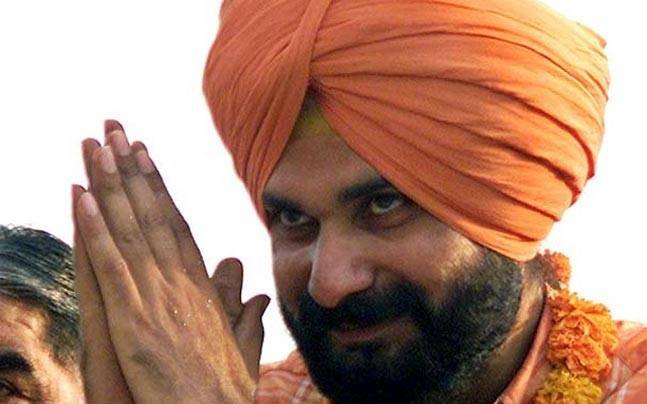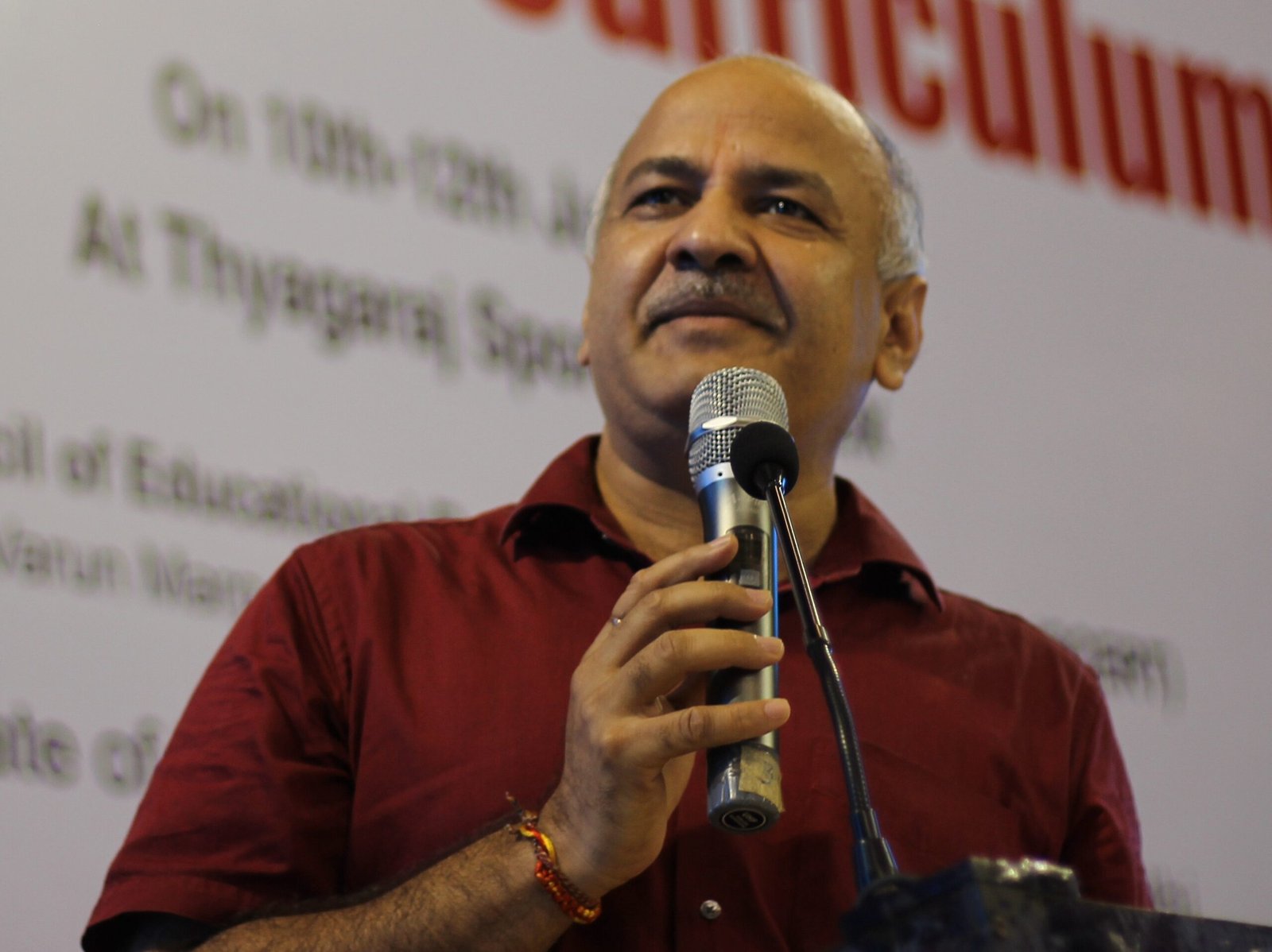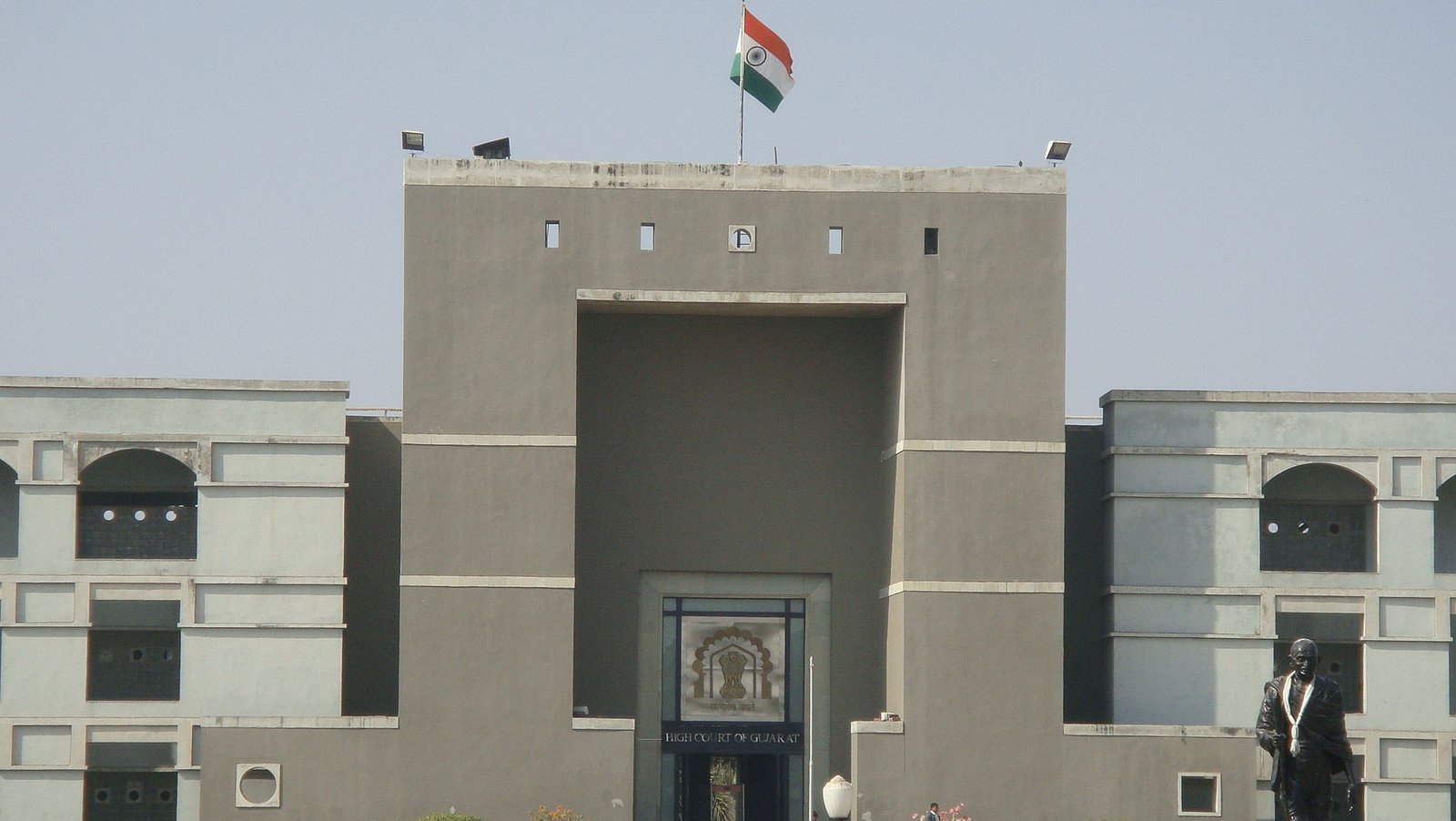A bench comprising Chief Justice of India (CJI) DY Chandrachud and Justices JB Pardiwala and Manoj Misra encouraged the involved parties to engage in discussions and resolve their disagreements before the next scheduled hearing.
The Supreme Court achieved an amicable resolution to the Border Security Force (BSF) jurisdiction dispute within the state on Friday. The Court also directed the Central and Punjab governments to collaborate on this matter. Chief Justice of India (CJI) DY Chandrachud, along with Justices JB Pardiwala and Manoj Misra, constituted the bench and urged the parties to engage in dialogues and find a mutually agreeable solution.
“It’s a legal proceeding. It provides an opportunity for you to address your concerns with each other,” the Court stated, emphasizing that the parties should discuss their issues and work towards resolution before the next hearing date. In 2021, the Punjab government filed a lawsuit against the Central government, contending that the BSF’s jurisdiction should be extended. The case was under the court’s consideration.
The Central government’s decision allowed the BSF to exercise its search, seizure, and arrest powers within a 50-kilometer radius, as opposed to the previous 15-kilometer radius from the international border in Punjab, West Bengal, and Assam.
Solicitor General (SG) of India, Tushar Mehta, representing the Central government, clarified that the BSF would not possess exclusive authority over the expanded jurisdiction, which would coexist with the powers of the local police.
Mehta further highlighted that not all offenses fell under joint jurisdiction, such as those related to passport matters. He also pointed out that circumstances had evolved since the lawsuit was filed in 2021. However, the Punjab government, represented by counsel Shadan Farasat, argued that Punjab’s smaller size and the presence of parallel jurisdiction undermined the State’s authority.
In response, Mehta reiterated that not all cognizable offenses were covered by the contested notification. Farasat contended that Punjab was significantly affected by the extended jurisdiction, particularly concerning fundamental law and order. Mehta reaffirmed the existence of concurrent jurisdiction and the continued authority of the local police. The Court noted that Punjab’s investigative authority remained intact and operated in conjunction with the BSF.
“The power of investigation is not taken away from Punjab police,” the Court asserted.
Subsequently, the Court directed the State and the Central government to resolve the matter before the next listing date of the lawsuit. The Advocate General (AG) of Punjab was instructed to participate in the parties’ discussions.
The AG was invited to meet with SG Mehta in his office.
SG Mehta stated, “The AG should meet me in my chamber.”
The AG expressed gratitude as the session concluded, saying, “Thank you for the hospitality.”



